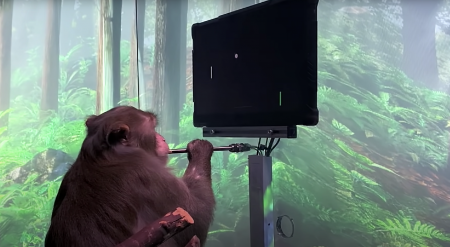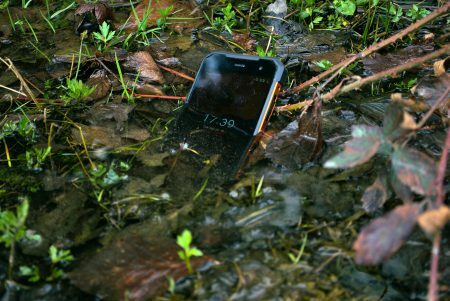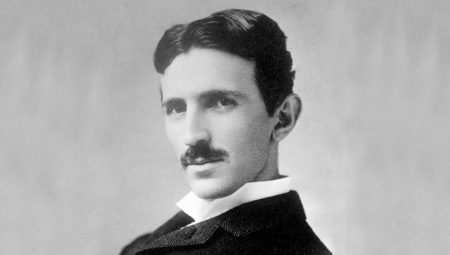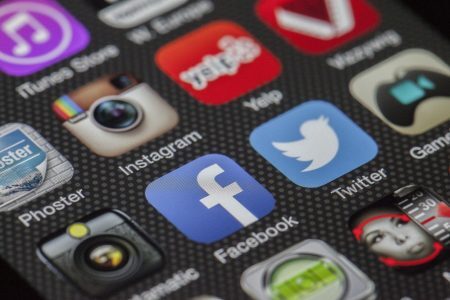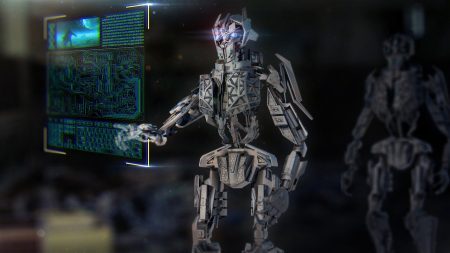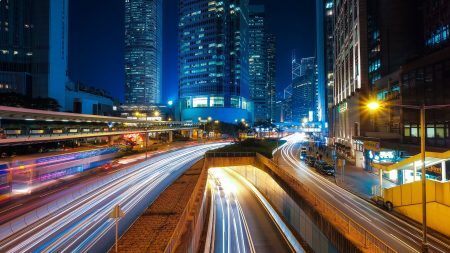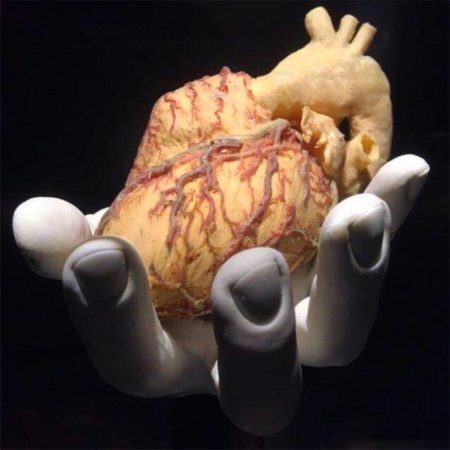Gradually over the past few years, the once-ubiquitous discussions about millennials are being replaced by an interest in the new…
Browsing: The Conversation
Some weeks ago, a nine-year-old macaque monkey called Pager successfully played a game of Pong with its mind. While it may sound…
If you’ve ever gotten your phone wet in the rain, dropped it in water or spilt liquid over it, you’re…
At the height of his career, the pioneering electrical engineer Nikola Tesla became obsessed with an idea. He theorised that…
Transitioning to home working had its challenges for us all, but when your job involves researching biological applications for nanotechnology,…
The deadly insurrection at the U.S. Capitol in January exposed the power of social media to influence real-world behavior and incite violence. But many…
My colleagues and I changed a digital version of Monopoly so that instead of getting US$200 each time a player…
Robotic vehicles have been used in dangerous environments for decades, from decommissioning the Fukushima nuclear power plant or inspecting underwater energy infrastructure in the…
Due to the global organ shortage and limited organ donors, thousands of patients are left wanting organs and tissues in…
Over the long weekend reports emerged of an alleged data breach, impacting half a billion Facebook users from 106 countries. And while…


